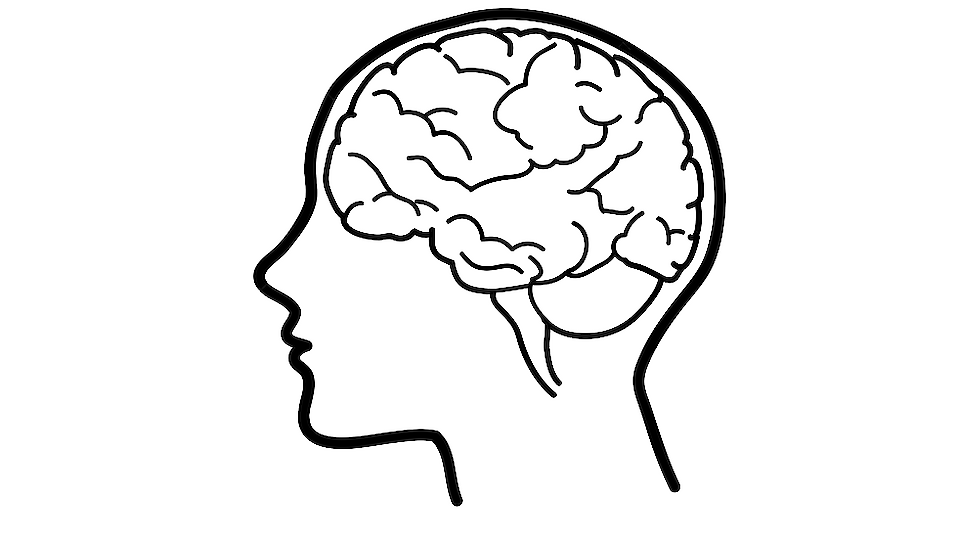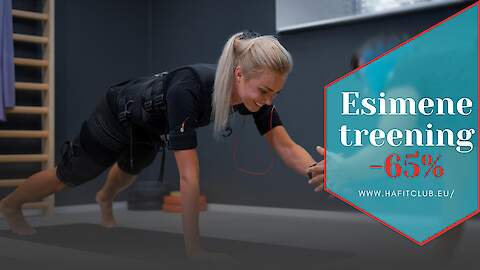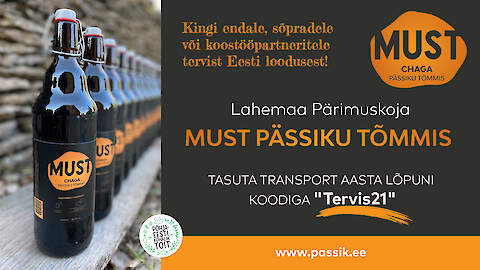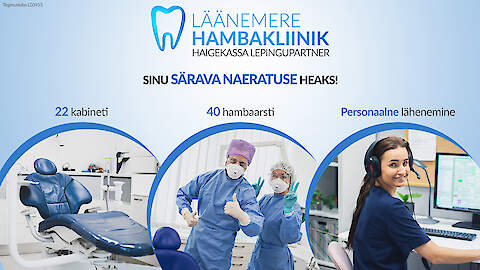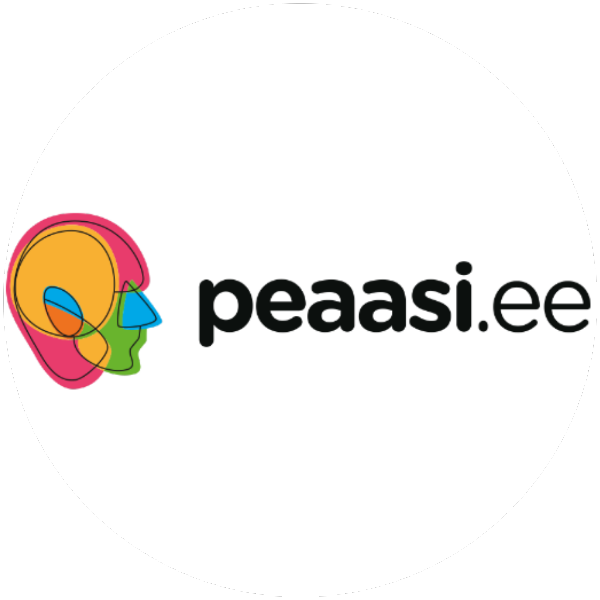- All participants
- Peaasi
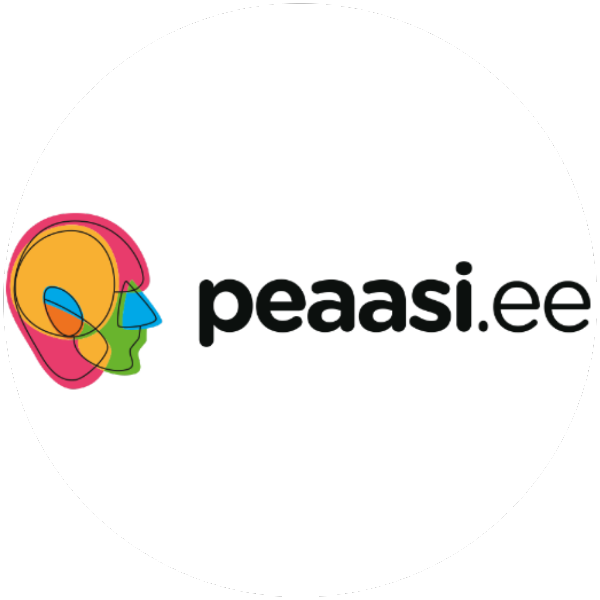
Peaasi
At the core of the core are mental health and youth professionals, consultants and thinkers from different walks of life. They are united by enthusiasm, interest and respect for the human person. We strive for a sympathetic, intelligent, flexible, but also optimistic, lighter and more open approach to mental health issues.
Just as the head is an essential and normal part of our body, mental health is part of our quality of life. We want mental health to be as ordinary and visible a part of our lives as the head is a part of our body. We want all people to know that they have mental health to value and care for.
We want to see a reduction in the suffering caused by mental illness. Currently, only a third of people with depression see a specialist. Anxiety disorders often rob as much as several decades of a good life because they are not recognised and the right methods of recovery are not found. People with psychosis sometimes suffer for years before finding help.
Mis on VTEA?
Mental health first aid is a simple 5-step support you can offer if you notice someone in your community who may need mental health help (e.g. mood change, distracted, etc.). As with physical health first aid, mental health first aid is within the reach of anyone who is familiar with the principles of first aid and has completed mental health first aid training.
During a coronavirus crisis, more than half of us have felt more stress than before. Excessive stress can manifest itself in higher anxiety, mood swings, sleep problems. It is important to deal with these difficulties yourself at the earliest opportunity, to use the support of loved ones and to seek help
VTEA 5 sammu
1. SAMM: Approach the person and assess the situation - the first task is to go to the person and try to understand if it is a crisis situation
2. SAMM: Listen in a supportive and non-judgemental way - during the provision of mental health first aid, it is very important to listen to the person in need without prejudice and without judgement.
3. SAMM: Provide reassurance, support and information - when the person experiencing a mental health problem is listened to, it is easier for the first responder to provide information and support.
4. SAMM: Encourage the use of appropriate professional help - ask if and what professional help the person is already using or has used. The first aid provider could talk about the support and help available.
5. SAMM: Encourage the use of self-help and other support strategies - encourage asking for necessary adjustments in the work environment, using self-help strategies, and seeking support from family members, friends and others.




